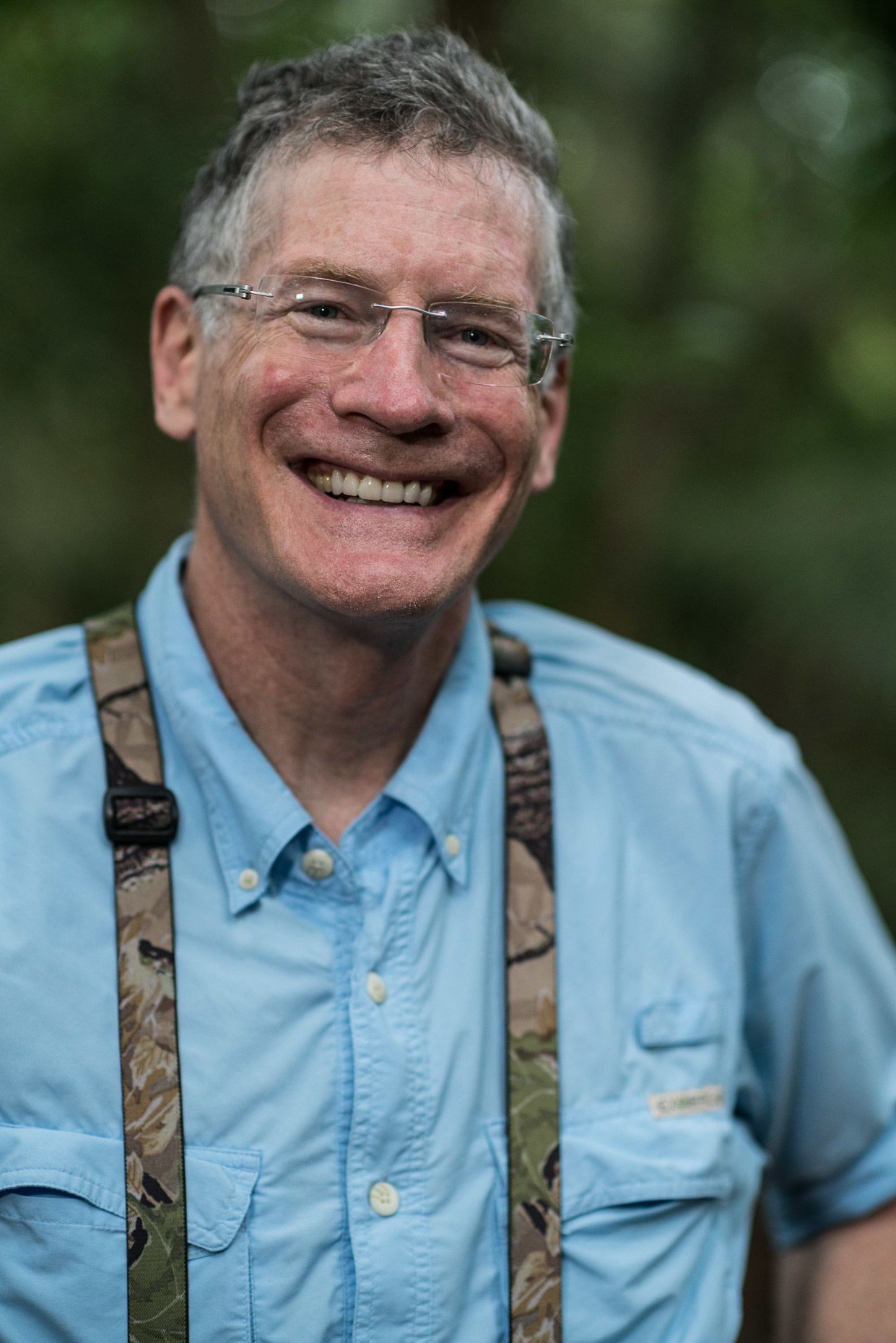
About Jonathan Losos:
Jonathan Losos is an evolutionary biologist known for his research on how lizards rapidly evolve to adapt to changing environments. He graduated from Harvard University in 1984 and received his PhD from the University of California in 1989. After a two-year postdoctoral fellowship at UC, Davis, Jonathan came to Washington University for his first faculty position. While here, he served as the director of the Tyson Research Center and the Environmental Studies program, before leaving in 2006 to become a professor of biology at Harvard and curator in herpetology at the university’s Museum of Comparative Zoology. He returned to Washington University in 2018 and was appointed as the inaugural holder of the William H. Danforth Distinguished University Professorship and director of the Living Earth Collaborative. Losos has written two books, most recently Improbable Destinies: Fate, Chance, and the Future of Evolution (Penguin Random House, 2017), and is an author of one of the leading college biology textbooks (Raven et al., Biology). Losos has been elected to the National Academy of Sciences and the American Academy of Arts & Sciences and is the recipient of many awards, including the Daniel Giraud Elliot Medal from the National Academy of Sciences, the Theodosius Dobzhansky Prize from the Society for the Study of Evolution, the Edward O. Wilson Naturalist Award and the Sewall Wright Award from the American Society of Naturalists, and the David Starr Jordan Prize.
About the Living Earth Collaborative:
The Living Earth Collaborative celebrates the diversity of living organisms and seeks to promote further understanding of the ways humans can help to preserve the varied natural environments that allow plants, animals, and microbes to survive and thrive. The center aims to bring together the world’s top minds in the field of biodiversity in an international and interdisciplinary collaborative to address the most pressing issue facing humankind: the ability to sustain life on Earth. For more information, visit the Living Earth Collaborative website.
Sorry, but registration for this event has closed.
